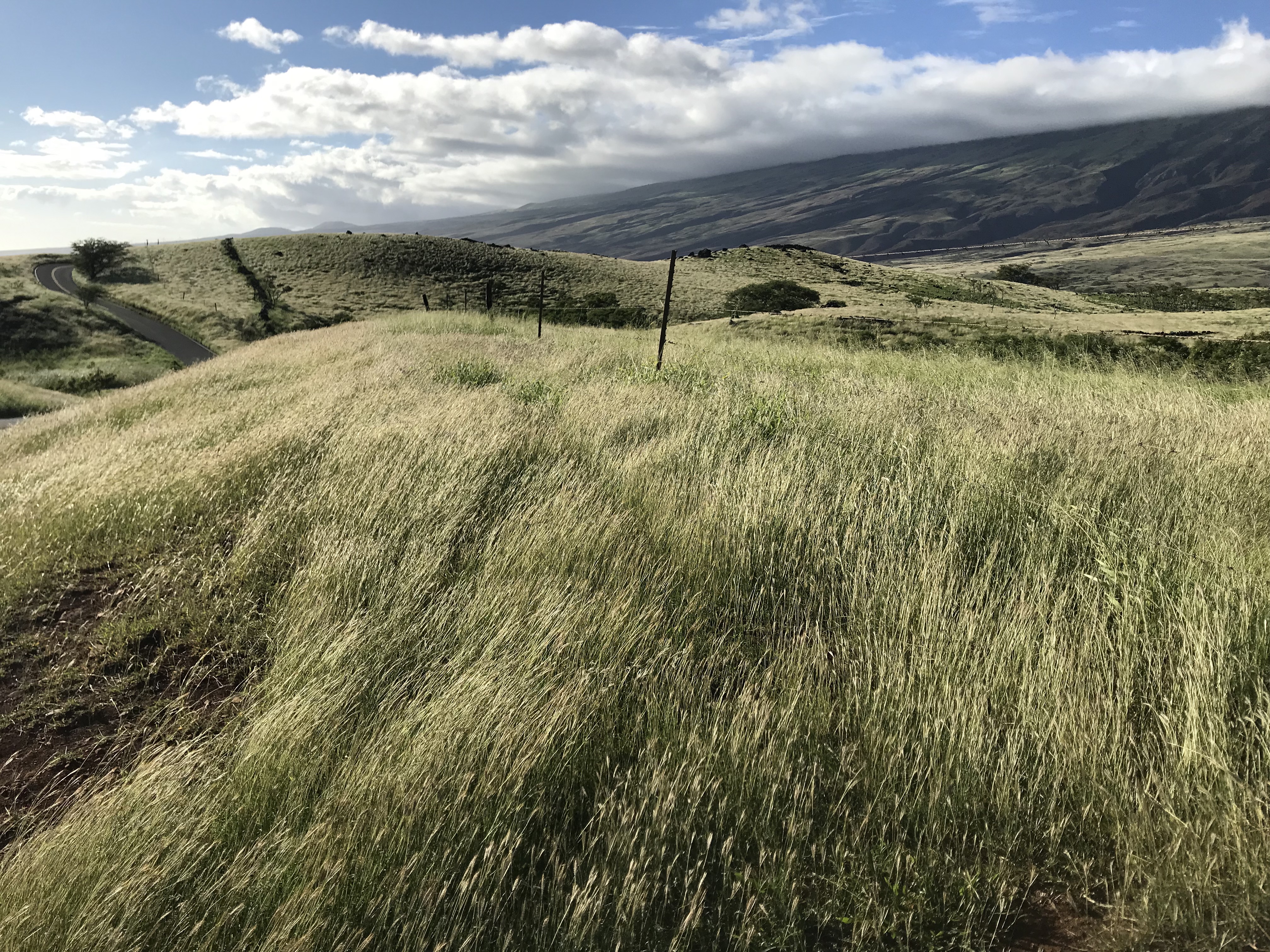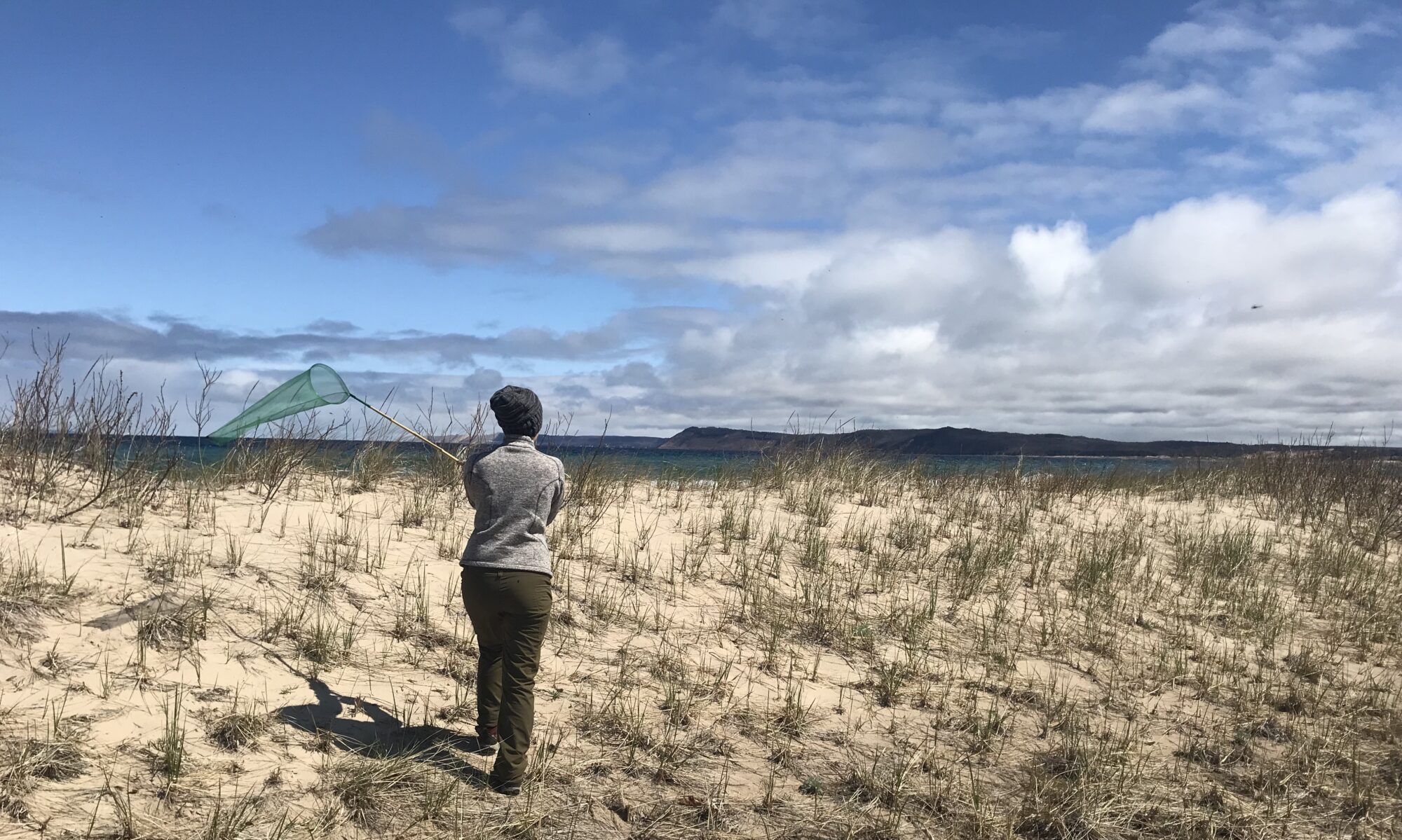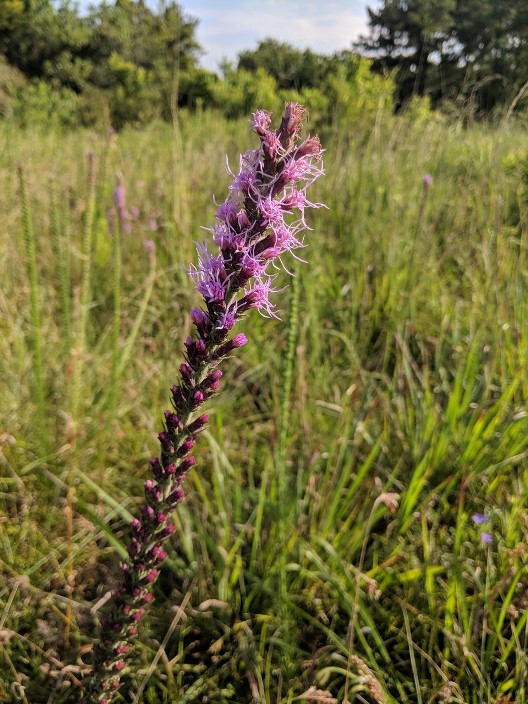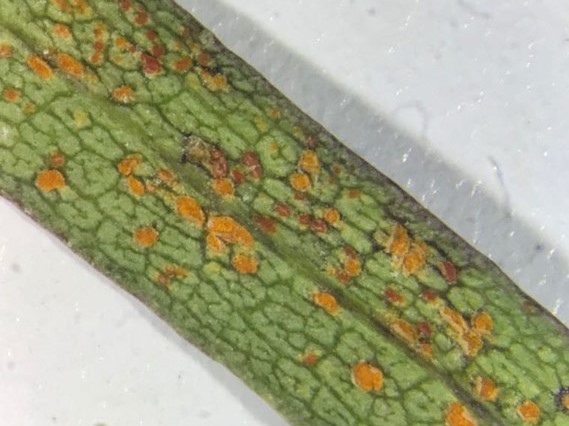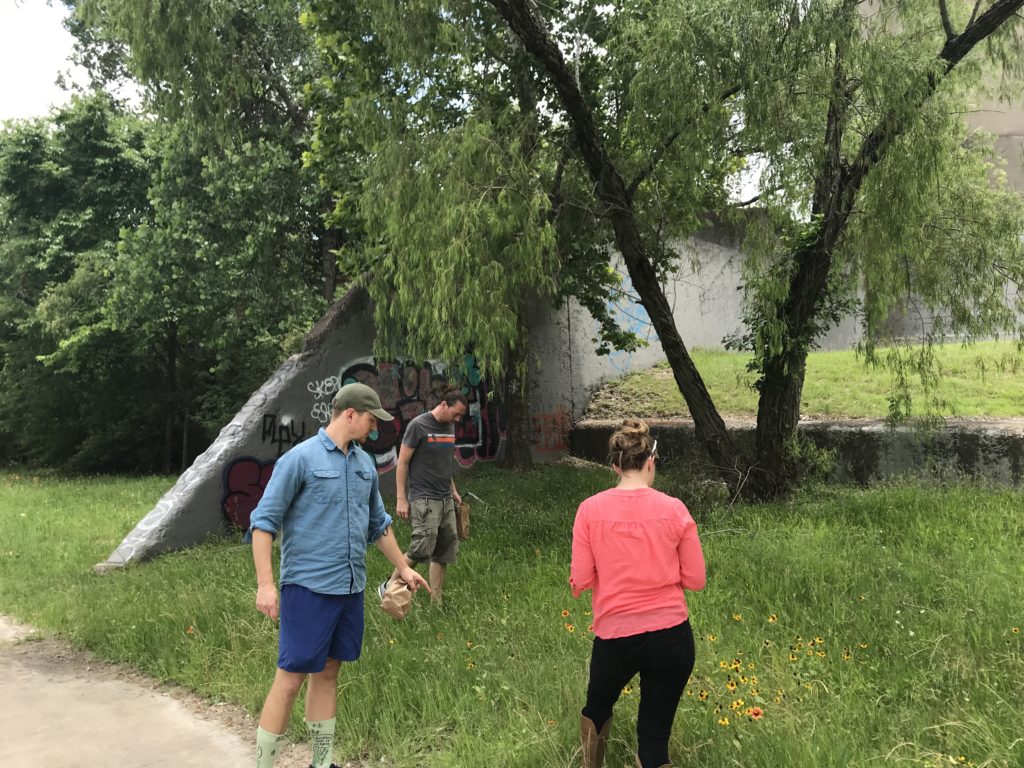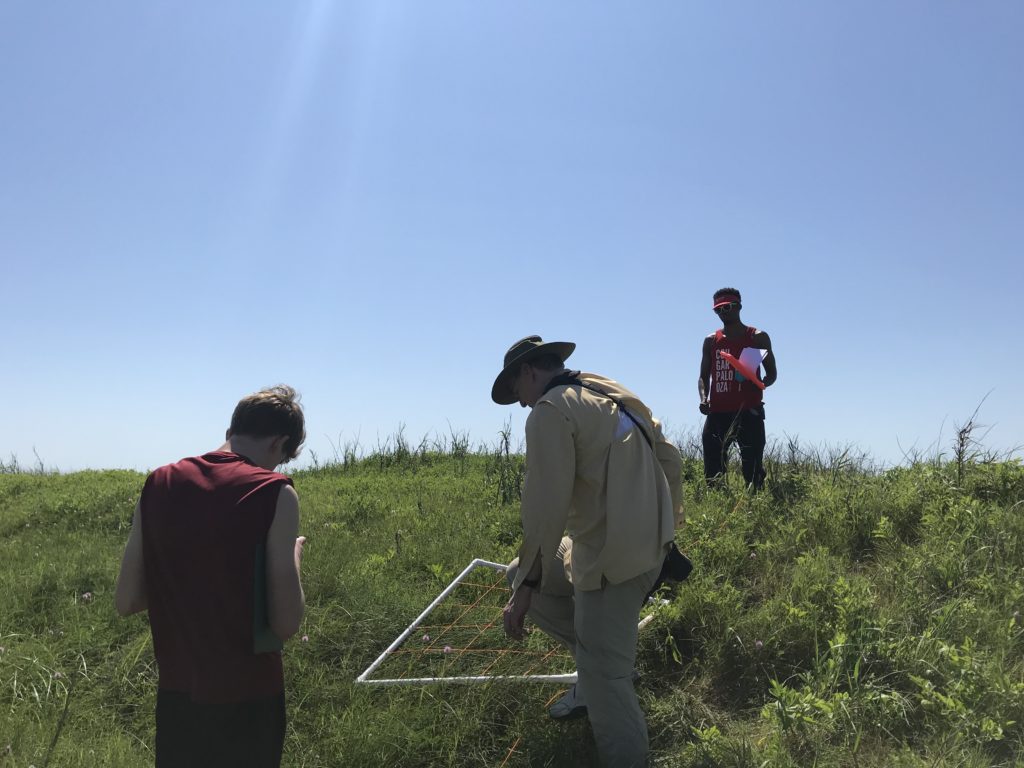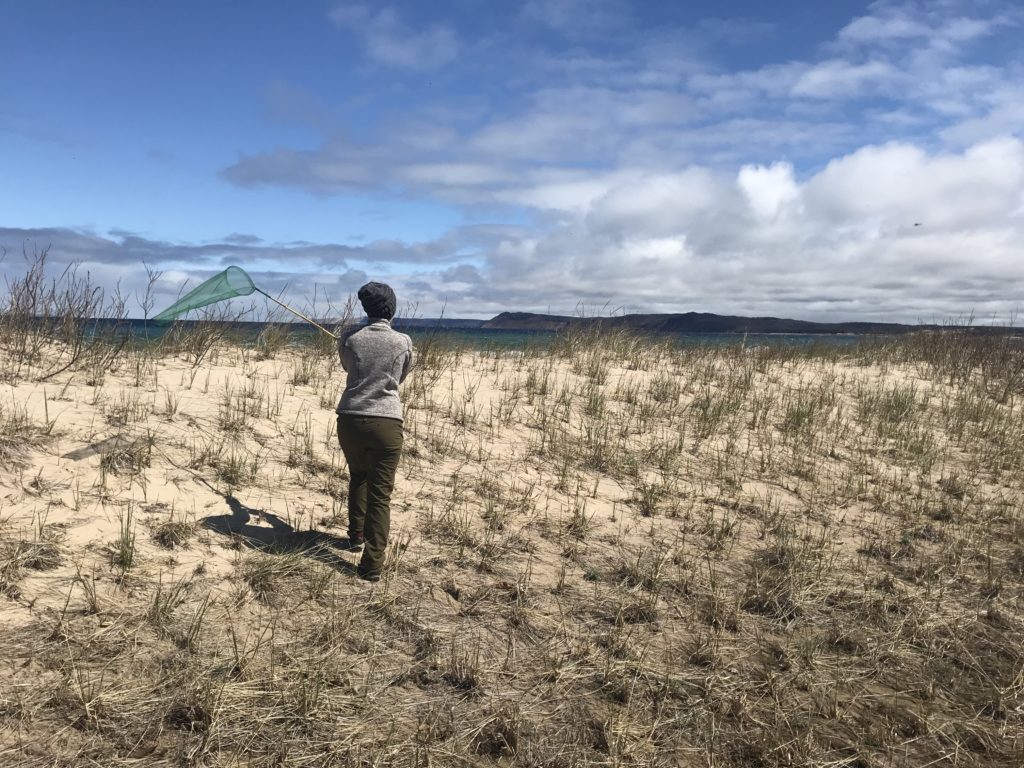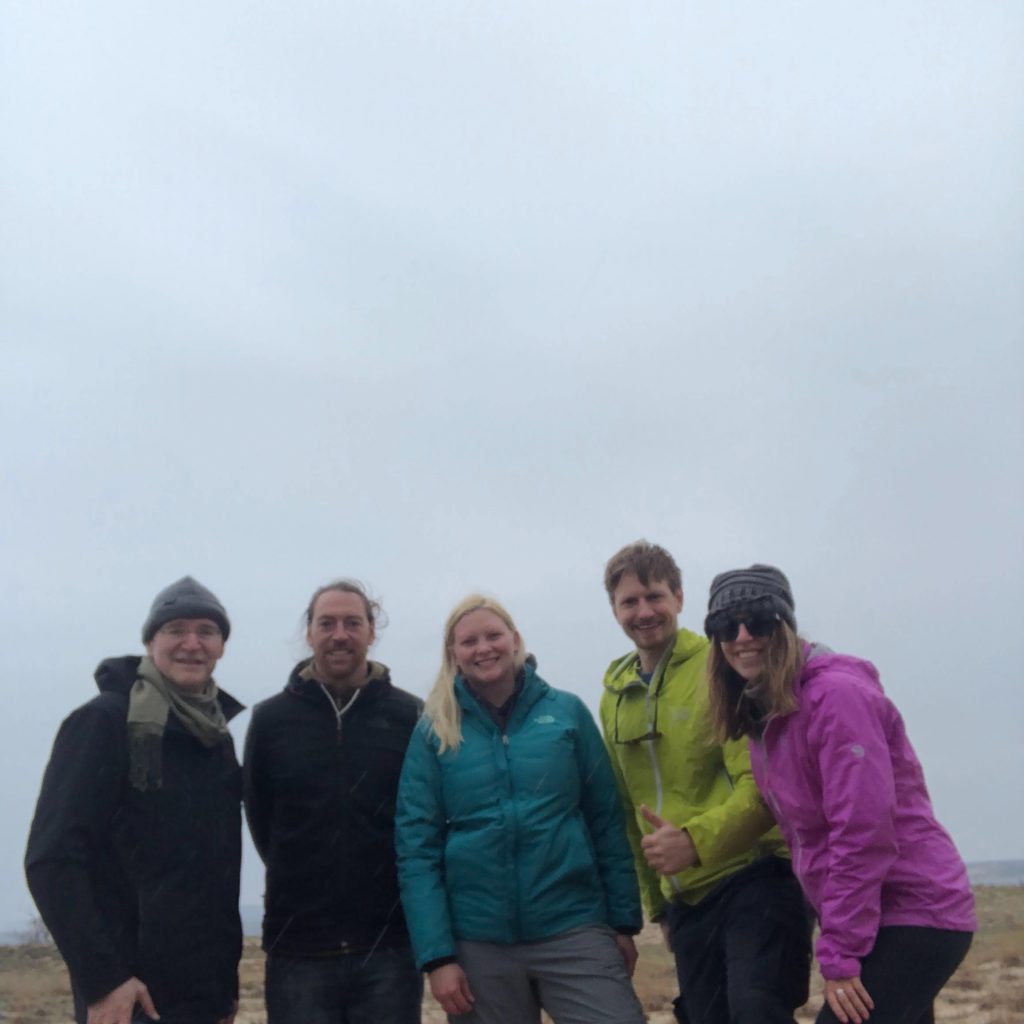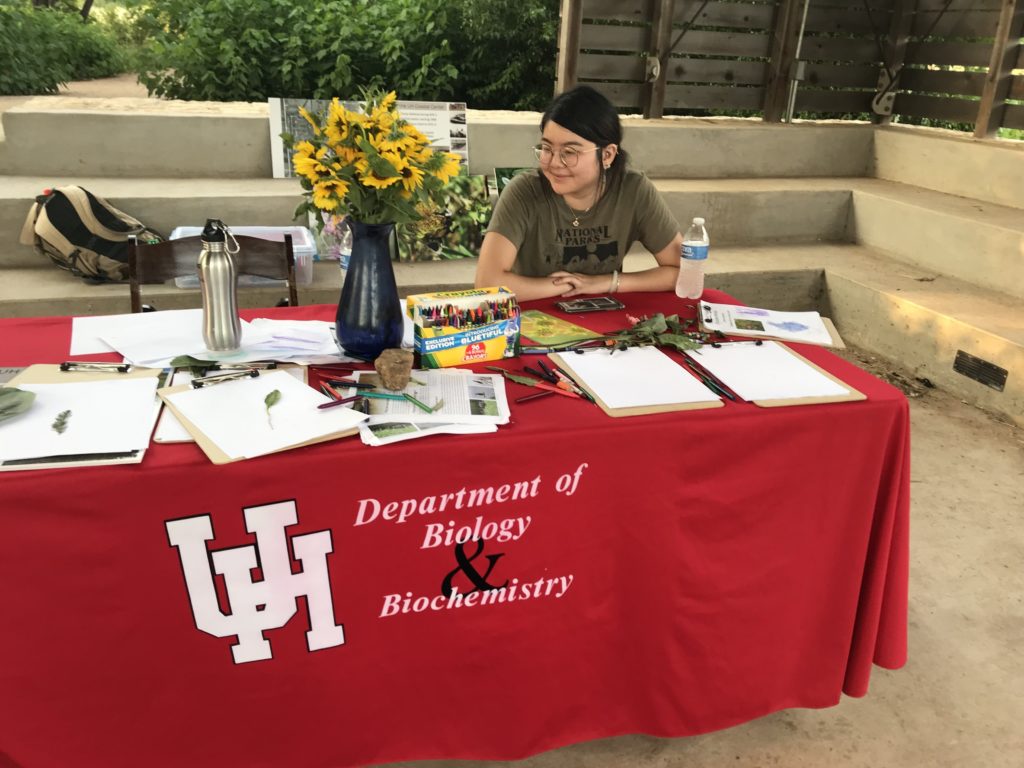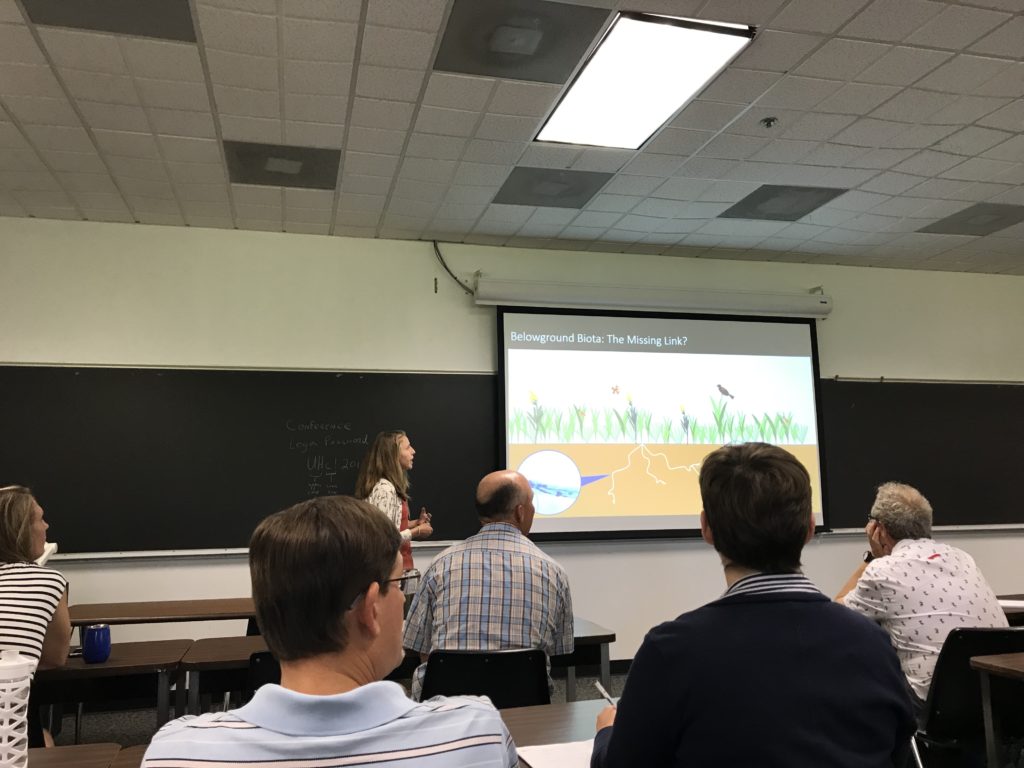A few highlights from the past few months:
Jan joined the lab as a postdoc this April to help with the climate and plant-soil feedback project. In addition to doing awesome work on the project, he’s already brainstorming lots of cool project ideas. Welcome Jan!
Devon joined the lab as a PhD student this August. She just submitted a proposal to the NSF GRFP and is helping mentor undergrads in the lab on statistical analyses. Welcome Devon!
Hannah presented her work at the North American Prairie Conference and the Ecological Society of America meeting, all while she was managing experiments for her dissertation and fun side projects.
Scott presented his work at the Ecological Society of America meeting. He received 2nd place for his poster from the Restoration Ecology Section. Congrats, Scott!
Noah and Hannah were both awarded grants from the Texas EcoLab program.
Noah and Scott were both awarded grants from Sigma Xi.
The lab went on a trip to the field sites in Michigan. We collected data on the long-term biodiversity experiment and a ton of midges for Alejandra’s independent project.
Austin and Hoang started graduate programs this fall. We miss them, but I can’t wait to see what they accomplish as graduate students!
Madeline received a Summer Undergraduate Research Fellowship for her work on fungal endophytes and she helped develop a new outreach program that debuted at an event at Lady Bird Johnson Wildflower Center. She also just submitted a proposal to the NSF GRFP.
Antonio received a Provosts Undergraduate Research Scholarship for his work testing how above- and below-ground microbes influence plant responses to precipitation.
Congrats everyone!
